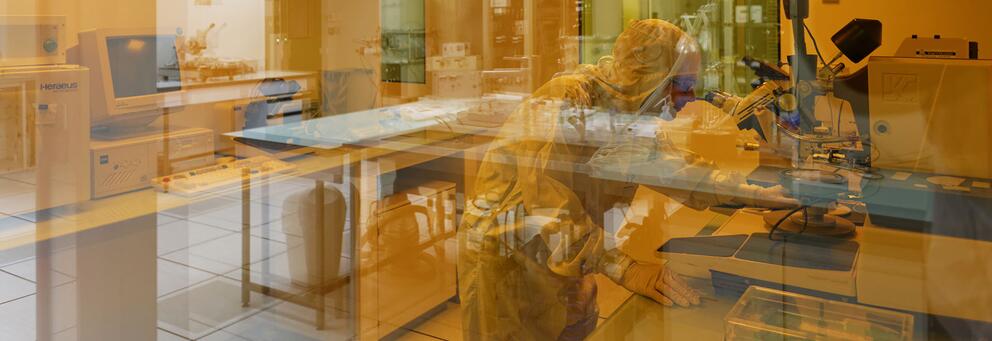
Research themes and programs
Enriching and mastering knowledge in all its forms is the University’s main objective, whether in terms of conducting research, offering education, contributing to innovation and transferring knowledge.
Thanks to its 135 research units, Sorbonne University brings together a scientific community of 6,400 academic researchers and partner researchers. This group is involved in a variety of scientific disciplines, relying on a strong intellectual tradition enabling them to address the most fundamental issues. Mobilising disciplines ranging from humanities to medicine, via technological sciences (computer science, robotics, etc.), formal (mathematics) or natural sciences (physics, chemistry, biology, geology, etc.), Sorbonne University is the perfect crucible for tackling, in a cross-sector and interdisciplinary manner, the issues raised by our environment and society.
Based on these disciplines, Sorbonne University cultivates different ways of conducting research to address every dimension:
- Research into disciplinary subjects, advancing the frontiers of knowledge
- Research into contemporary issues or societal challenges, where skills need to be combined in an interdisciplinary manner dictated by the object studied; research in this case provides the understanding necessary for informed decision-making, advice to stakeholders, the proposal of solutions and shared information.
- Research into subjects in areas that are industrial, technological, social, where the subject needs to be investigated in situ. Research then makes it possible to identify subjects in their systemic complexity.
Sorbonne University is a leading player in contributing to the enrichment of knowledge. Its community, which is very dynamic, has an international influence and boasts first-rate recognition: two Nobel Prizes in Physics (Claude Cohen-Tannoudji and Serge Haroche), a Nobel Prize in Medicine (Françoise Barré-Sinoussi), three Fields Medals (Wendelin Werner, Cédric Villani and Arthur Avila), a Henri Poincaré Prize, and 150 ERCs in its laboratories. The CNRS gold medal in 1996, 1998 and 2009 and a number of silver medals have been awarded to members of the academic community of Sorbonne University, a community that provides more than a quarter of the members of the Academy of Sciences and Medicine.
